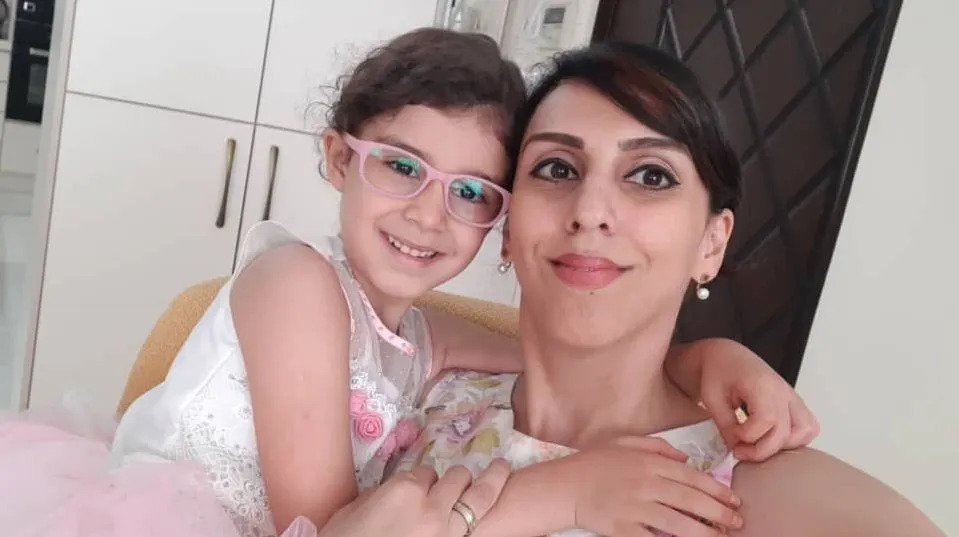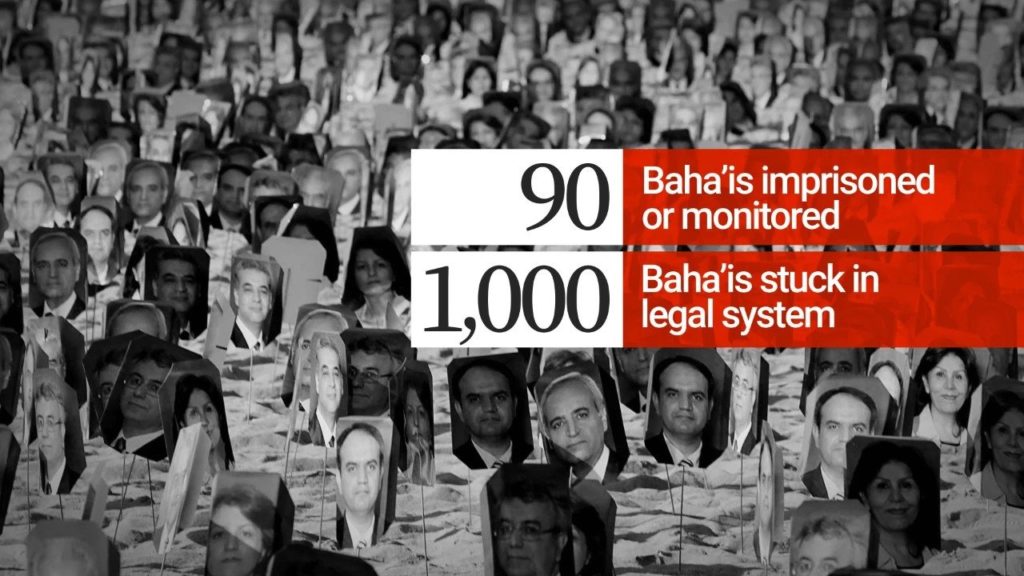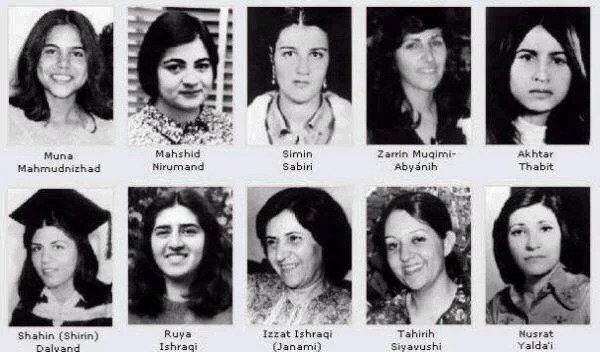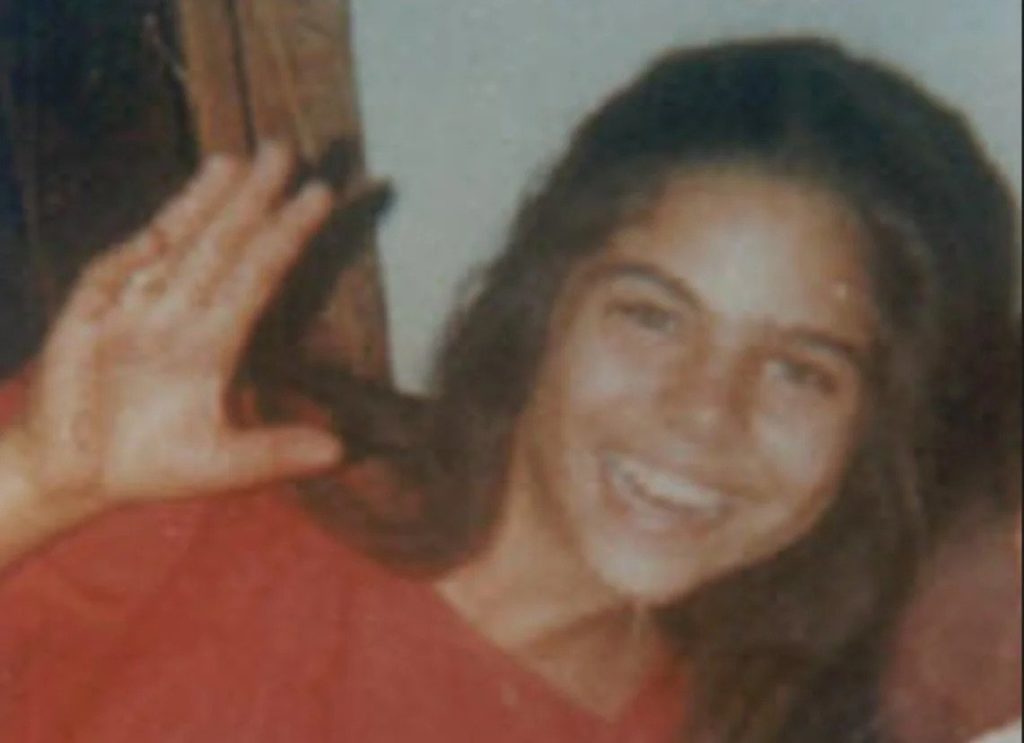Source: globalnews.ca
Coquitlam resident Vesal Amini is making a plea for the release of his cousin, Samin Ehsani, who is behind bars in Iran’s notorious Evin prison.
She has been sentenced to five years in connection with her religious beliefs as a Bahai – Iran’s largest minority religion, and for her role as a children’s rights activist.
“It’s not fair,” Amini told Global News, “to be imprisoned for her belief, doing good things and being a good person.”
Amini said she was active in running courses for Afghan children who are denied the right to an education in Iran. He says his cousin is a mother to a five-year-old girl named Nila and the two of them miss each other terribly.
“She is missing her daughter and her daughter is missing her mother,” he said.

Ehsani’s unjust imprisonment is a reality playing out for Baha’is in Iran.
They are routinely and arbitrarily thrown into jail. Bahai’s in Iran have been under siege by their government for decades and Amini is hoping to highlight his cousin’s case to raise awareness of the persecution people of his faith face in Iran.
Amini calls the treatment of Bahai’s in Iran – apartheid.
Baha’is in Iran are not allowed to attend university, they’re barred from holding any public sector job, their homes are often subject to raids and demolition, and their gravesites are desecrated.
Amnesty International reported that since July 31, 2022 the Islamic Republic has “raided and confiscated dozens of Baha’i properties.”
The Iranian authorities’ persecution of the Baha’i religious minority has increased in intensity with a recent flurry of raids, arbitrary arrests, home demolitions and land grabs. https://t.co/UrlJkYFstu
— Amnesty Iran (@AmnestyIran) August 25, 2022
According to the Baha’I International Community, 90 Baha’is are currently in prison in Iran or are subject to ankle monitoring and 1,000 Baha’is are languishing in the judicial system.

Port Moody resident Farhad Goldan shares Amini’s pain and struggles.
After the 1979 Islamic Revolution that transformed Iran into an Islamic Republic, Goldan was fired from his job just for being Baha’i. Given that people of his faith were banned from education, he couldn’t start over in school.
One of his most traumatic memories is when his close family friend Mona Mahmudnizhad – an Iranian Baha’i – who in 1983 together with nine other Baha’I women, was sentenced to death and hanged in Shiraz.

She and her family were imprisoned after she wrote an essay for a school project. Goldan said Mona is a “symbol of freedom and being a strong girl.
“I want people to remember her as a person who gave her life for the freedom of others and for her faith.”
Mona wrote of persecution and oppression against people who shared her religious beliefs, asking “Why in my country are those who are members of my religion abducted from their homes at night?…. Why do I not have freedom of speech?”
She went on to write, “As we have recently witnessed in our own city, Shiraz, their homes are looted and set on fire. Hundreds of people leave their homes in fear. Why?”
One of those homes happens to be Goldan’s. His house, along with many other Baha’is in Shiraz was burned by rioters in the earliest days of the 1979 Islamic Revolution.
“I remember those days clearly. People had their belongings in their car, going around and around in the city because their house was burned,” Goldan said.
Mona’s essay goes on to state “ Why am I not free to express my ideas in this society?”

Forty years later, Amini is asking the same question: “Why?”
Leave a Reply